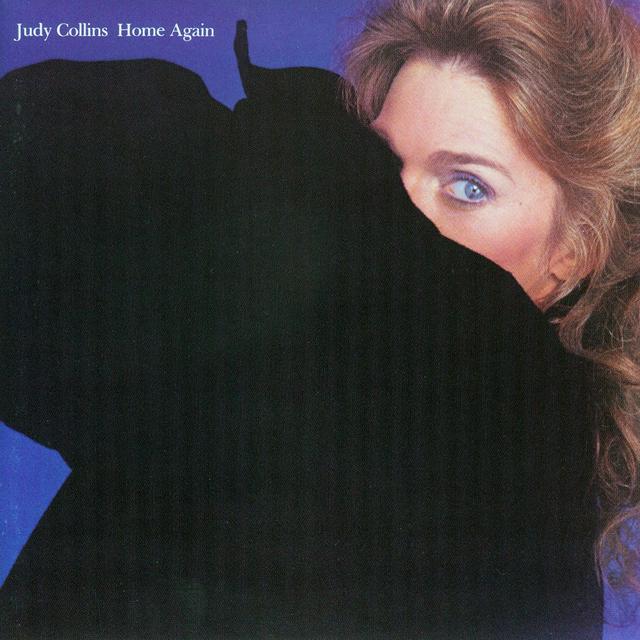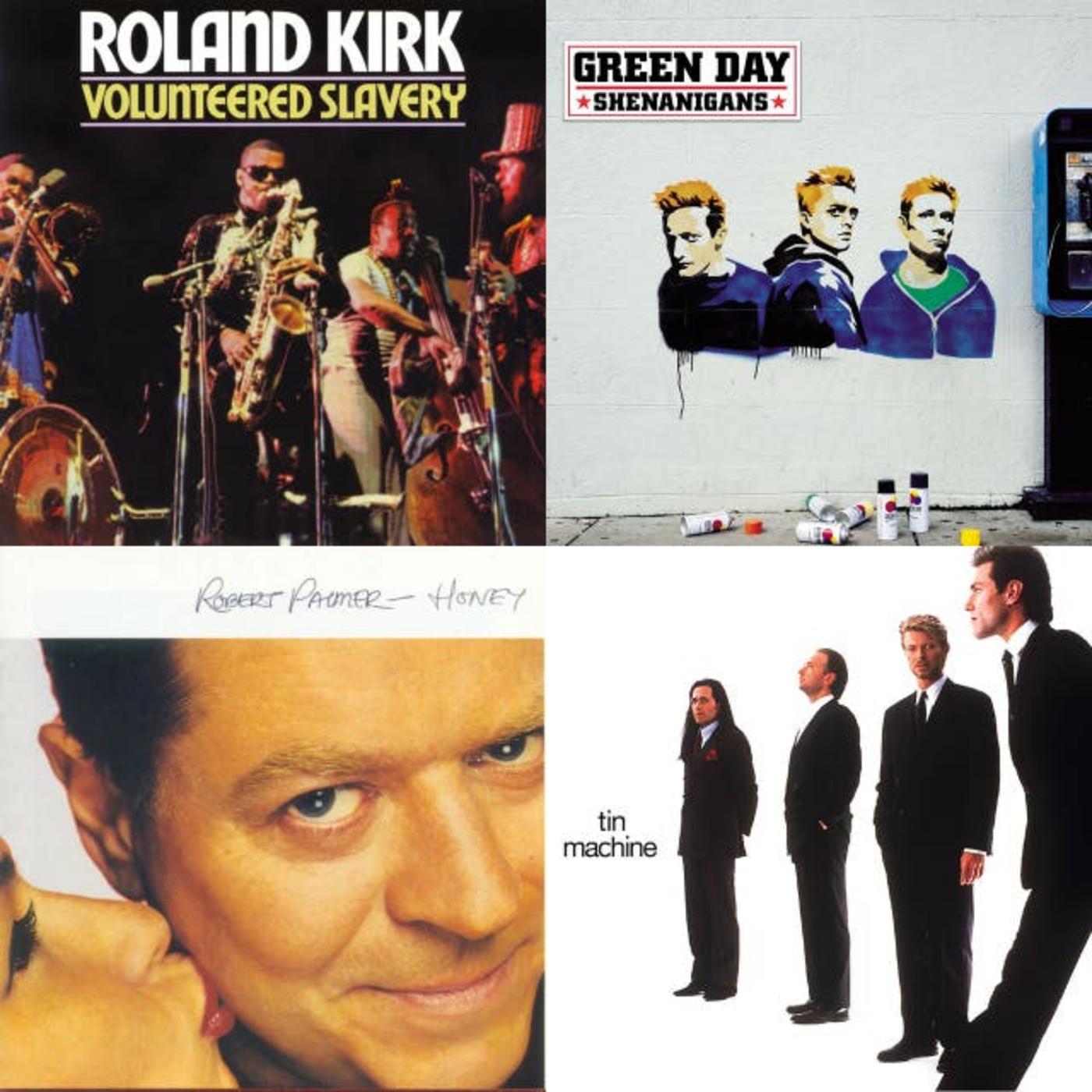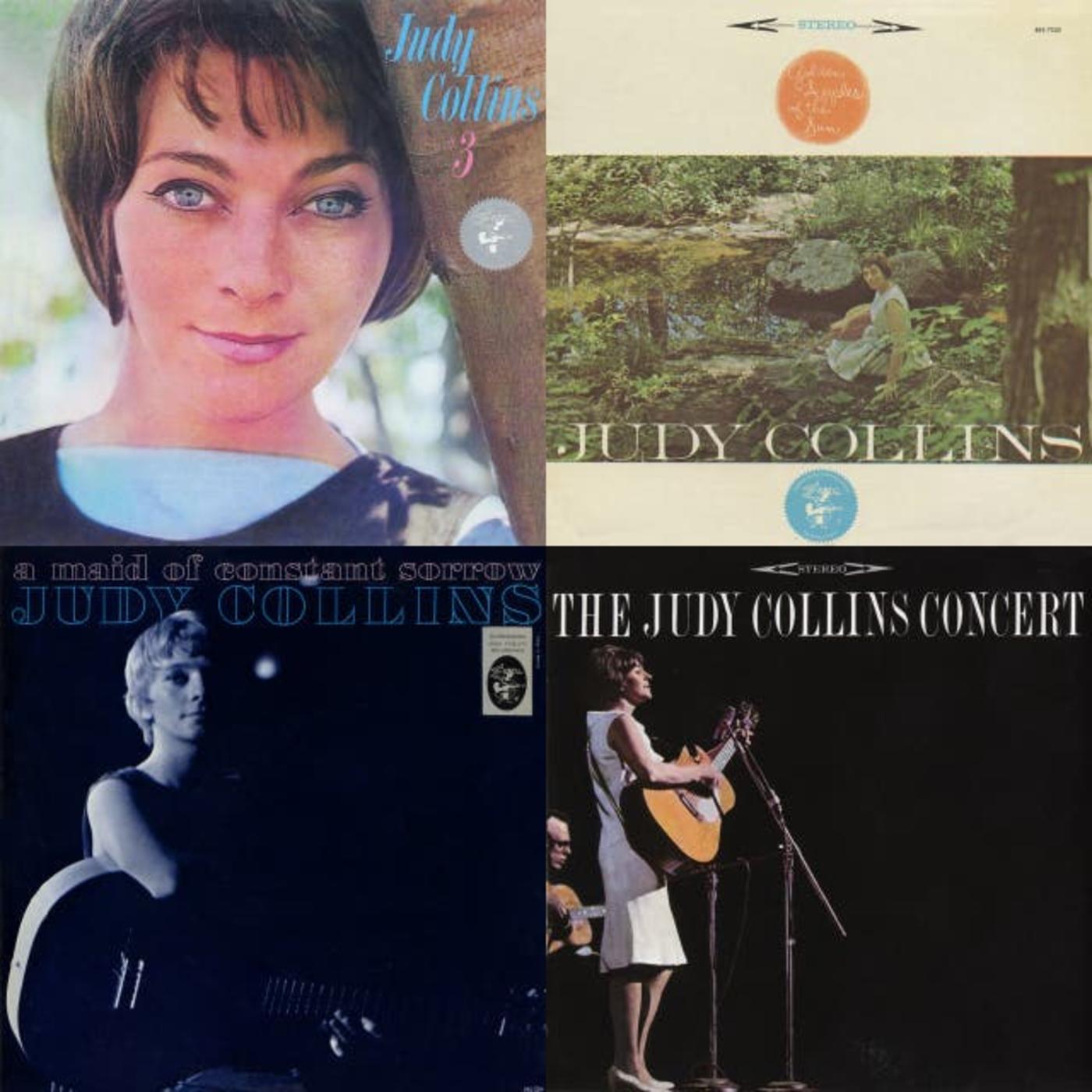Rhino’s Got You Covered: Primal Scream, Kill Hannah, Lulu, and Judy Collins

It’s Wednesday, so it must be time to take another dip into the Rhino catalog and trot out a new quartet of cover songs that you may or may not have heard before. Let’s get started, shall we?
• Primal Scream, “So Sad About Us” (1987): Originally making its debut on the 12” single for “Imperial,” this tune from The Who’s A QUICK ONE is the most covered song on that album, having been interpreted by everyone from Shaun Cassidy to The Breeders. Some say it was one of the songs that served as the template for power pop. If so, we say that power pop could’ve picked a lot worse songs to emulate.
• Kill Hannah, “Under the Milky Way” (2006): This Chicago-based band first came into existence in 1993, climbing the ladder of success until they secured a deal with Atlantic Records in 2003. This Church cover can be found on their second LP, 2006’s UNTIL THERE’S NOTHING LEFT OF US, an LP which AllMusic likened variously to The Cure, Fugazi, The Jesus and Mary Chain, and My Bloody Valentine. You have to admit: as points of comparison go, those are pretty damned good.
• Lulu, “Melody Fair” (1970): The idea of Lulu covering a Bee Gees song wasn’t just a good idea in 1970, it was downright predictable, since she was, after all, Mrs. Maurice Gibb at the time she tackled this particular tune. Mind you, Lulu’s taste in covers has a history of being top-notch, and if you doubt this claim, we’ll direct you to her version of “The Man Who Sold the World.”
• Judy Collins, “Only You” (1984): Collins has had a long history of interpreting other people’s material, but it’s clear from the opening moments of her 1984 album HOME AGAIN that she was really swinging for the fences with this Yaz cover. More than a few people were taken enough with this tune to do their own version of it, but given her connection to the folk movement of the ‘60s, there was something particularly surreal about hearing her tackling it. She did a fine job of it, though, as you’ll soon hear.


